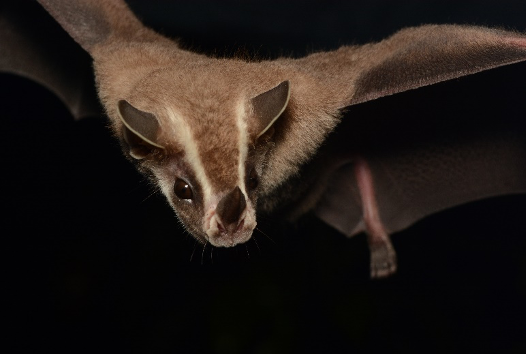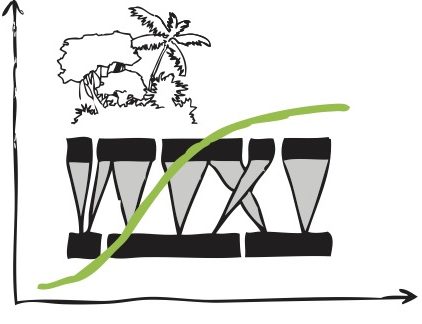Tropical Ecology – University of Ulm (Germany) / Museo de Zoología – Pontificia Universidad Católica del Ecuador (PUCE – Ecuador).
Among my main research interests is the ecology of communities and the study of their structure, diversity as well as their taxonomic and functional composition, which allow understanding the assemblages and how the species interact with each other and with their environment. My long-term interest is to contribute to biodiversity conservation in Ecuador and in the Neotropics. Within these areas, my main study group has been mammals, with a particular interest and extensive experience in small flying and non-flying mammals.

Within the Reassembly project, our group (SP4) focuses on seed dispersal by birds, bats and other mammals. We aim to provide an understanding of the reassembly of seed dispersal networks based on response, interaction and dispersal traits. The first objective will be to identify the diversity of bats through mistnet captures. Based on these base data I will then assess their taxonomic and functional composition to understand the characteristics and responses of the bat assemblage over a forest recovery gradient. Finally, within this context, considering that fruit bats are extremely mobile seed dispersers, I will analyse their response, interaction and dispersal traits, in order to establish how they influence the reassembly of seed dispersal networks within a recovering forest landscape.

The data we are collecting in the field and the results we are going to obtain will allow us to contribute to the development of multidisciplinary works in order to understand in a more detailed and precise way the reassembly of interaction networks in a recovering forest system. An important added benefit of our project is that we obtain highly valuable data on the bat fauna and their contribution to forest regeneration for the Ecuadorian Chocó region. Considering the limited studies of bats and the constant growth of anthropogenic activities in the Ecuadorian Chocó region, the important data being collected will serve as a basis for contributing to future conservation efforts in this biodiversity hotspot.


